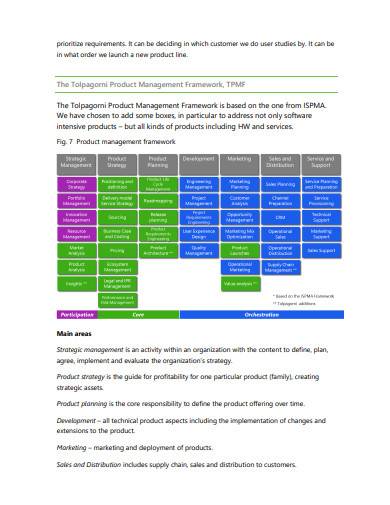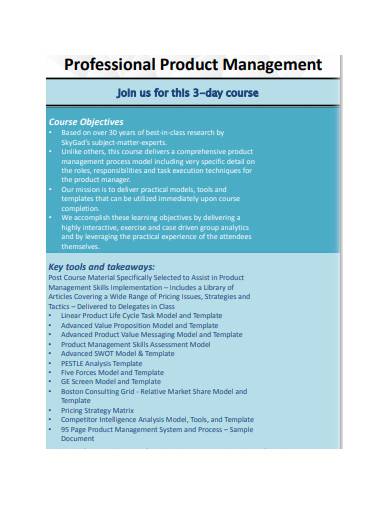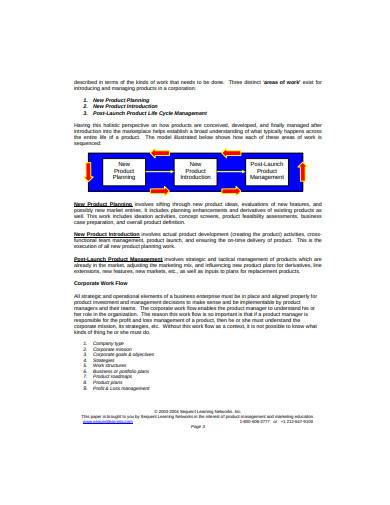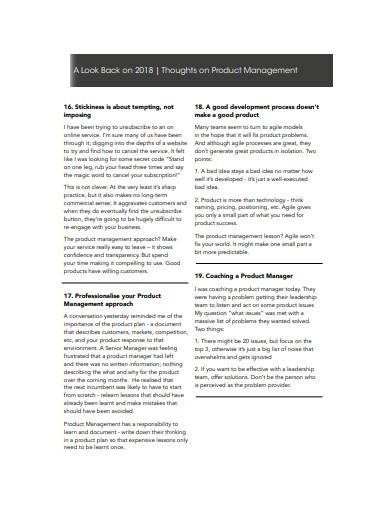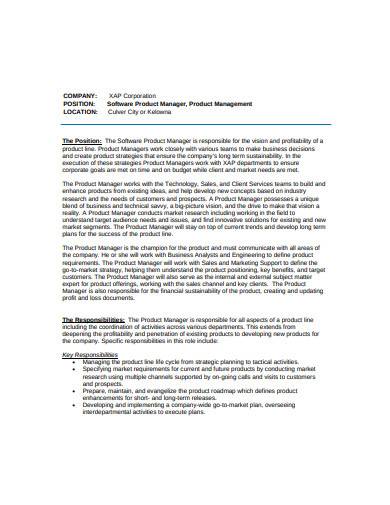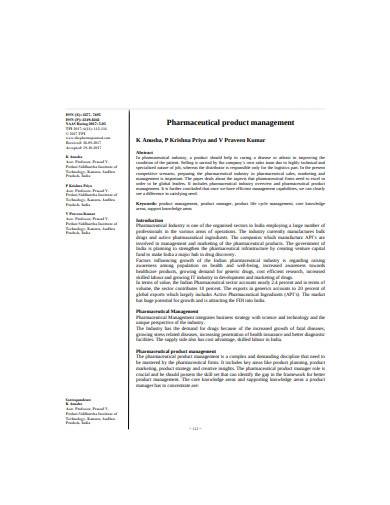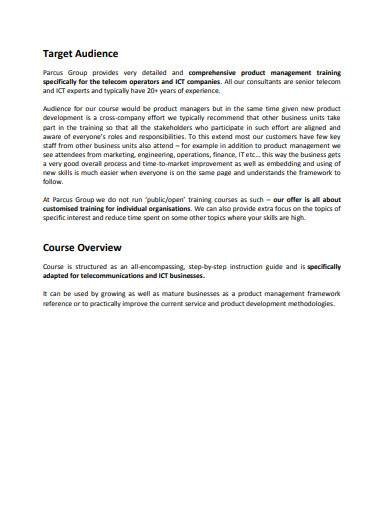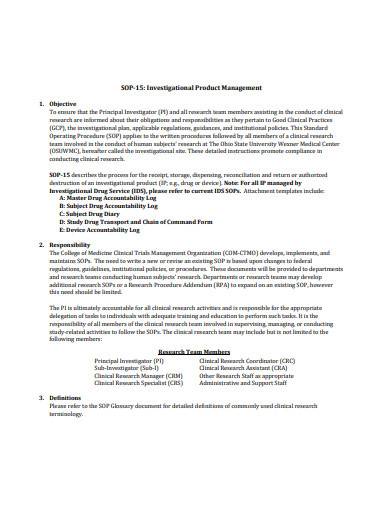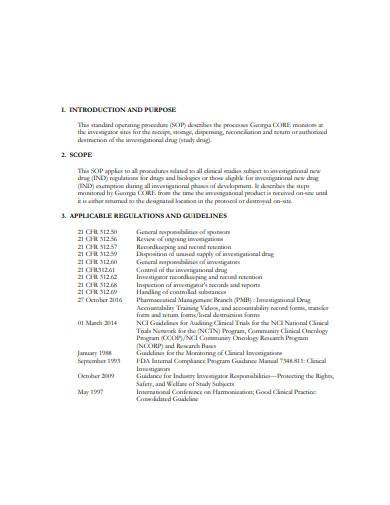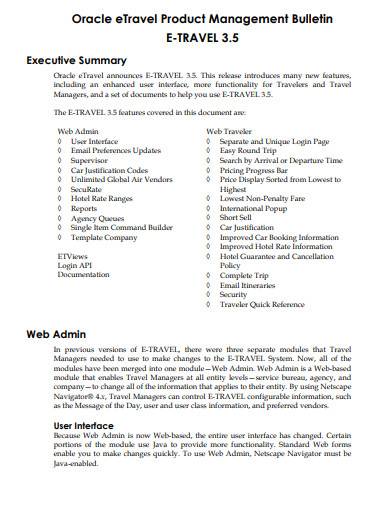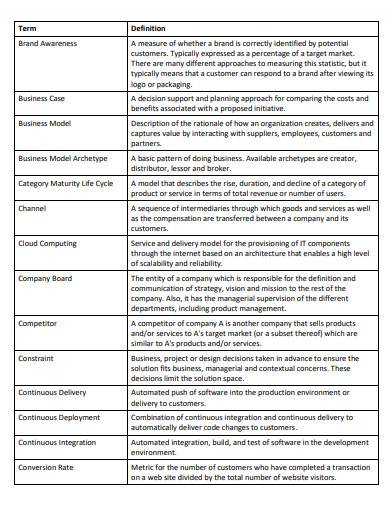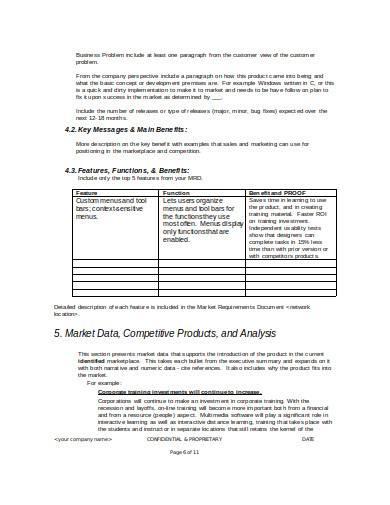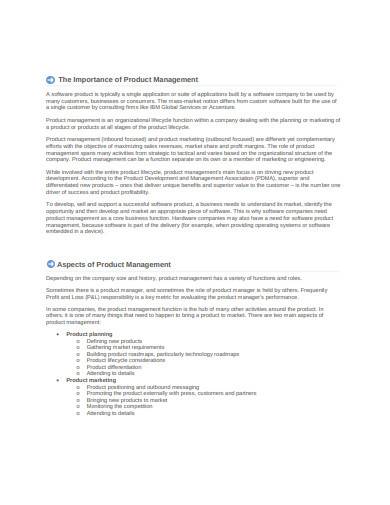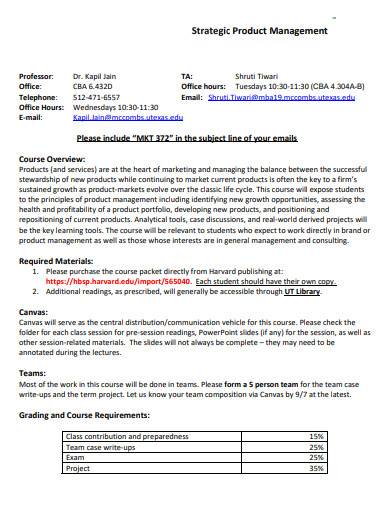Launching a new product is one way to increase the overall revenue of your business. However, if bringing a new product to the market comes with high resource usage, you better make sure it helps boost the sales of your enterprise. Otherwise, it will have a negative impact on your business. Fortunately, you don’t have to rely on luck in ensuring the success of the product you are going to launch. Product management will do the job for you. Read further to learn more about it.
What is Product Management?
The key to determining if a product will generate sales solely lies in how the customers react to it when a business introduces it to the market. However, before you get the customer’s feedback, you have to undergo a complicated process. This is when product management comes in.
Product management is a business framework of a company that aims to develop a new product, which is better than the existing one. Businesses offer these products to the market with the goal of providing high-quality commodities and goods to consumers. Product management basically focuses on managing the lifecycle of a product, which involves supporting and managing all the activities tied to product development, marketing, and sales.
Product Development and Product Marketing
Generally, product management is quite complicated. Thus, breaking it into two categories helps in implementing it successfully. However, it does not mean that the two will work separately. In fact, these sub-categories go hand-in-hand to maximize the product’s number of sales.
Product Development
Product development consists of several processes, such as creating an idea, planning, developing, and marketing new products or services. Its goal is to satisfy the continuous change of the customers’ needs, which is an effective way to boost or maintain the company’s revenue.
Product Marketing
Product marketing is the stage where the product managers and their team have already accomplished product development, or technically, product creation. Through product marketing, you can communicate the relevant information about the finished product, such as its features, benefits, etc. to the stakeholders. To master the product, the marketing team has to work directly with the development team. In addition, creating a strategic communication management plan enables you to successfully convey the information to the stakeholders.
FREE 13+ Product Management Samples in PDF | DOC
Did you know that the annual average base pay for product managers in the United States is $108,992? Also, Glassdoor reported that the salary for product managers in the country ranges between $71,000 and $146,000. If you are aiming to get hired in this position, start by studying the following examples.
1. Product Management Framework Sample
2. Professional Product Management Template
3. Product Management Sample
4. Product Management Template
5. Software Product Management Sample
6. Pharmaceutical Product Management Template
7. Product Management Training Sample
8. Investigational Product Management Template
9. Standard Product Management Sample
10. Sample Product Management Template
11. Software Product Management Template
12. Product Management in DOC
13. Importance of Product Management Sample
14. Strategic Product Management Template
Product Management Best Practices
Working as a product manager may not be an easy task. However, by following the tips below, you will have more chances to have a great career ahead.
1. Know the Organizational Goals
Knowing your organization’s goals gives you a clear idea of how you can contribute to its success, such as the giving product strategy support that it needs or determining the potential market. One way to accomplish these is by conducting market research. Aside from that, having a full understanding of your company’s unified goal will also allow you to be fully aware of the executives’ and stakeholder’s needs, which is the key to a successful career growth.
2. Talk to the Customers
Your customers are your most valuable resource in accomplishing your goals as a product manager. Thus, it is essential to connect with them to know what they really want for a product. With this method, you can avoid developing products which may flop, thus, saving your company’s resources. Plus, it is a great way to market your products, giving you a competitive edge in gaining a market share.
3. Connect with Your Colleagues
We have mentioned earlier about the benefits of talking to your customers. Directly connecting to them can be beneficial. Apart from that, though, you may want to use the resources that your company has to build a more reliable connection with your customers. Make sure to tap your sales and support teams since they are exceptionally knowledgeable about the customers. For instance, the sales team knows how to communicate with the customers and convert it to sales. On the other hand, your support team knows how to solve the customer’s problems—increasing the customer retention rate. By using them as your resource, you will have higher chances of creating a great product strategy.
4. Use the Product
To get a sufficient understanding of a product, put yourself in the customers’ shoes by using the product itself. It will allow you to determine the opportunities that the product has and its strength. By doing it, you will undoubtedly discover the areas that need improvement. Unsurprisingly, many successful businesses employ this method in their business strategy.
5. Try Other Products As Well
Use the products that you love not just for the sake of indulging yourself but also for the purpose of analyzing them. Write down their characteristics that earned your appreciation. By doing it, you will get an idea of how to create more improved products for your project.
If you are running a business, you must have realized the importance of product management to achieve success. Nevertheless, you should also note that you can only gain success over time, not overnight. Having a favorable outcome is also a result of accumulating essential knowledge and trying multiple strategies. You can get this necessary knowledge either by experience or by spending time reading books and articles about management analyst risk management, product risk assessment, project management analysis, and other relevant topics.
Related Posts
FREE 10+ Agile Project Management Samples in PDF
FREE 8+ Change Management Checklist Samples in PDF | DOC
FREE 5+ Risk Register Samples in PDF
FREE 6+ Resource Management Samples in PDF
FREE 5+ Vendor Management Samples in PDF
FREE 10+ Product Portfolio Management Samples in PDF | MS Word
FREE 10+ Management Work Plan Samples in PDF | DOC
FREE 13+ Communication Management Plan Samples in PDF | MS Word
FREE 9+ Time Management Resources Samples in PDF | MS Word
FREE 10+ Management Memo Samples in PDF | DOC
FREE 11+ Real Estate Risk Management Samples in PDF
FREE 9+ Human Resources Management Plan Samples in PDF
FREE 7+ Stakeholder Management Strategy Samples in PDF | DOC
FREE 10+ Interest Rate Risk Management Samples in PDF | MS Word
FREE 7+ Investment Management Proposal Samples in PDF
